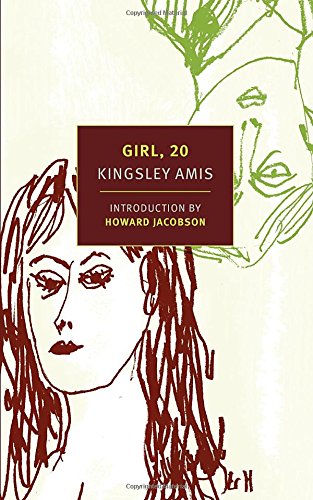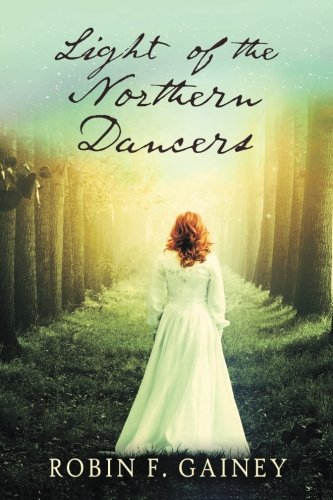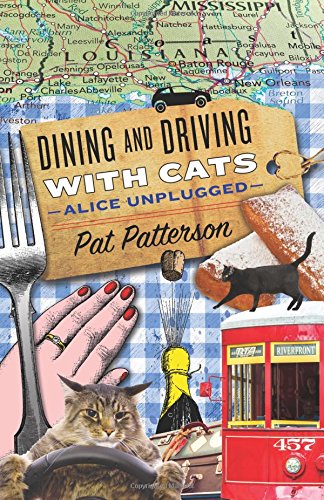Robin F. Gainey is a winemaker, horse breeder, and author, whose new novel,
Light of the Northern Dancers has been optioned for a miniseries. Robin will be in Portland this week, appearing on KATU-2
Afternoon Live on Tuesday and at a book party at Annie Bloom's Wednesday evening.
Robin recently answered questions for Rose City Reader about her new book, her career, and some of her own favorite authors.
How did you come to write Light of the Northern Dancers?
I made a solo road trip through Wyoming about a decade ago. One thing I enjoy doing is to stop in small towns along the way and check out their local independent bookstore. The selection of books on the front tables and in the windows gives one a great feel for the culture of population. In the Sheridan bookstore, a book in the window caught my eye that mentioned homesteading the West in the 1880s. A pioneer rounded up wild mustangs, trained them for the game of polo, sold some to the locals (Scots and Brits used to the game), and shipped the rest back to Britain for sale. I thought the premise was perfect for not only showing one of the unusual schemes that settled the West, but the harshness of the country and the challenges homesteaders faced. Having a strong background in horse-breeding gave me a good footing for writing “what I know,” and I used much of that knowledge.
The story takes place in Wyoming in the late 1800s. What drew you to this time and place for the setting of your novel?
I set the story in eastern Wyoming after researching the weather pattern history of the site and exploring the area in person. 1888 produced one of the worst droughts to date in recorded Wyoming history and was followed by one of the state’s hardest winters. The geography yields the windswept prairie, as well as the devastatingly beautiful Bighorn range, and the diversity of the setting was key to the story I wanted to tell.
How did you research the historical information and detail found in your book?
I read many historical novels set in the same approximate period and place, mountains of local period newspapers, wildlife guide books, poured over maps of the area, and made over a dozen trips to the setting at the juncture of the Powder River and Crazy Woman Creek over five years. Much of the trail that the two main characters take from that spot and up into the Bighorn can actually be driven. Personally, I love novels that follow an authentic route; one I can actually visit. The story comes to life every time certain scenes come into view.
What is your professional and personal background? How did it lead you to writing fiction?
My grandmother, who raised me, was a published author. I grew up a witness to the discipline needed to finish a novel. I’ve always loved writing stories and recently found a “book” I’d made from construction paper and staples, hand-colored and handwritten at age 6. I did some creative writing in college. After co-founding Gainey Vineyard in 1983 in Santa Barbara County, I wrote articles from time to time about the emerging California Wine Country. Not until I moved back to my hometown of Seattle in 1994, did I consider writing fiction. Encouraged by author friends of my grandmother, Don McQuinn and John Saul, I wrote a short story that won a Rupert Hughes Award for Fiction at the Maui Writer’s Conference in 2002. The publisher of the short suggested I expand the work into a novel, and that became my first project,
Jack of Hearts, which released in 2012. A very long road of 10 years, but I was not yet writing full time at that point.
What is the significance of the title? Does it have a personal meaning for you besides its connection to the story?
"Light of the Northern Dancers" is how certain Native American tribes describe the Aurora Borealis: the transitioning of the physical into non-physical. Transformation, in flesh and in spirit, is one of the themes of my novel and is well-represented by the title.
What did you learn from writing your book – either about the subject of the book or the writing process – that most surprised you?
The biggest thing I learned was how much research is necessary to give an authenticity to a novel, and how little is truly used. Akin to having a monumental ball of yarn, and only using a few threads to weave throughout the story to give it setting the correct feel and a true voice to each characters.
Did you know right away, or have an idea, how you were going to end the story? Or did it come to you as you were in the process of writing?
I always know how my stories will end before I start them. Beginning at the right moment is often a challenge. Not too much backstory, not too much (if ANY) flashbacks, and how to weave them together seamlessly. Still learning this!
Caroline Leavitt does a remarkable job at both in her latest novel,
Cruel Beautiful World. I’m using it as a primer for the third novel I’m working on now which involves the interweaving of two parallel stories and two time periods.
Who are your three (or four or five) favorite authors?
Ivan Doig,
Larry McMurtry,
Willa Cather,
Anthony Doerr,
Gene Stratton Porter,
Colleen McCullough,
Rosamunde Pilchur,
Ann Patchett…did I mention Ivan Doig? ;-)
What kind of books do you like to read? What are you reading now?
Strong voices and well-arced stories (and characters) with meaning. Tales told around the campfire millennia ago were originally designed to convey life-messages to the tribe: did you hear the one about the man who went into the dark without a weapon? For me, a well-told story is only as good as the importance of its message. I’m reading Ann Patchett’s
Commonwealth. Beautifully written.
What is the most valuable advice you’ve been given as an author?
1) When you begin a novel, write to the end before ever looking at that Page One again. Too many writers get stuck in editing and never finish their stories.
2) Play the part of each of your characters, and play it with heart. Get into their minds, listen to their self-speak, their fears, and their loves. Writers are actors playing multiple parts. Learn how method actors apply their trade and use it to create authentic dialogue and emotion on the page.
Do you have any events coming up to promote your book?
Tuesday, February 27, I’ll be appearing on KATU 2’s
Afternoon Live at 3pm PST.
Wednesday, February 28, I’ll be signing books and making a presentation on "Taking a Novel to the Screen" at
Annie Bloom’s Books in Portland at 7:00 pm. Come hear how
Light of the Northern Dancers was optioned and developed for a limited TV series, and why film is often not as representative of the novel as we wish it were, and why.
Visit my
webpage to check on events near you. I’m now scheduling bookclub appearances, which I love, either in-person or via Skype. Contact me at robinfgainey@aol.com
What’s next? Are you working on your next book?
I’ve been deeply involved with the development process for the limited series for the past year. The project is blessed to have great producers and a wonderful TV writer who has adapted it into a 10-episode series.
This spring I’ll revisit my third novel, nearly finished, and hope to have it buttoned up by fall, at which point I’ll begin a sequel to Light of the Northern Dancers.
I’m also working on a stand-alone screenplay that I plan to “shop” over the summer.
Many irons in the fire. Life is anything but dull, and I’ve had nothing but good fortune. Best of all, however, are the readers who make time in their busy schedules to spend with my characters. I love hearing from you. Thank you!
THANK YOU, ROBIN!
LIGHT OF THE NORTHERN DANCERS IS AVAILABLE ON LINE OR ASK YOUR LOCAL BOOK SELLER TO ORDER IT!










